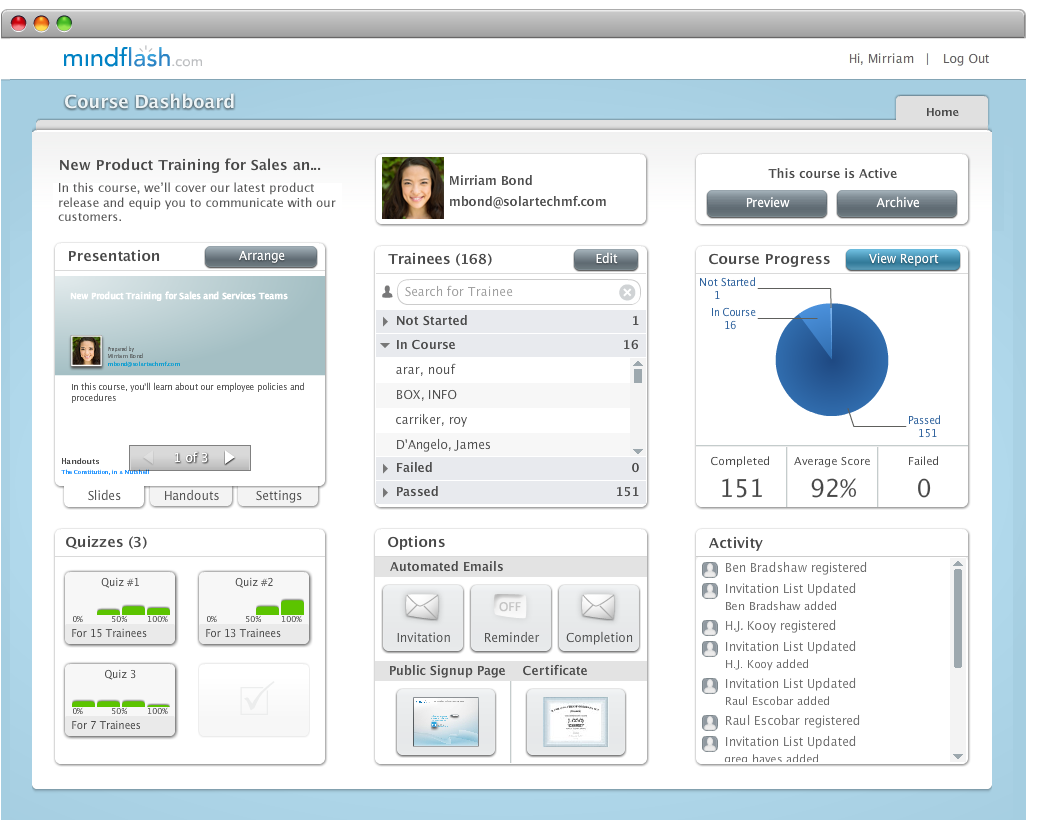Twinkies or technology skills: Shelf-life is shorter than you think
All of us, or at least most of us that care about the future of some of America's most beloved snack foods, have been following the sad story of Hostess - the venerable maker of all things wonderful, (Twinkies, Ding Dongs, and my favorite, those orange nuclear-looking cupcakes), that after failing to come to terms with striking workers, appears to be in its death spiral. If indeed Hostess has to liquidate, it seems likely that some of their most popular and iconic brands like the Twinkie might survive, with a number of potential rival baking companies seemingly eager to purchase (at a fire-sale price), the brand name and recipe for the cake. It might still be good
It might still be good
While a plausible scenario, the Twinkie's future is still uncertain, and in the week or so run-up from the initial announcement of Hostess' intention to pursue liquidation, and the last, failed attempt at a labor settlement, consumers across the country essentially bought out all remaining supplies of Twinkies and other favorite Hostess snacks. The idea being to stock up while you still could, and if you acted quickly and scored a few extra Twinkies boxes, that combination of your stockpile with the Twinkie's legendary decades-long shelf-life, you'd be set to get your Twinkie fix for a really, really long time.
But it turns out, despite the urban legend that the preservative and artificial ingredient-heavy Twinkie being able to last forever, (or near enough), the true shelf-life of a Twinkie is no more than about 25 days, and typically were pulled from store shelves after about 10 days. So bottom-line, Twinkies last for less time than you think, (please let's hope they come back, I finished my stash two days ago).
I thought about the little Twinkie paradox while reading this piece, 'What's the Shelf-life of a Techie? Just 15 years, from the Times of India site. In the piece, high-ranking technology leaders from the India operations of several well-known global tech firms, (SAP, Microsoft, Texas Instruments), paint a pretty stark and probably realistic picture of the increasingly rapid deterioration of technology skills and expertise, as the pace of newer, hotter, and more in-demand technologies come to market. There are about half a dozen choice quotes in the piece, but this is the one that really stood out the most:
Mukund Mohan, CEO of Microsoft's startup accelerator programme in India, says the shelf life of certain kinds of developers has shrunk to less than a year. "My daughter developed an app for iPhone 4. Today, she is redeveloping the app to make it smarter for iPhone 5.
Five years ago, developers were talking Symbian (the Nokia operating system). Today, it's not very relevant. You have to look at Android or iOS or may be even Windows 8 to stay relevant."
A pretty telling quote and a bit frightening as well. The iPhone4 is maybe a year old, the iPhone5 less than that, and about to be rendered, 'out of date' in maybe 6 more months. It used to be that hardware, software, and the technical skills needed to make it all work advanced more evenly, regularly, and more importantly, the big firms that make these technologies, and their customers that use them, had much longer time horizons in mind when developing and deploying technology.
In the (recent) past a large, enterprise deployment of an ERP or an accounting system at a big firm could reasonably be expected to be in place more or less unchanged, for a decade, maybe even longer. Lots of IT pros and managers have made long and successful careers essentially by developing a deep understanding of a single technology.
While that was commonplace, and if you chose the 'right' technology, a pretty shrewd approach to career management, if these IT executives are accurate in their assessments, specializing in one technology at the expense of, exposure to, and continual learning about the 'next' technology that will be in demand is the only way to at least have a chance of remaining relevant, (and employable), past a time horizon, like the shelf-life of the Twinkie, is a lot shorter than you think.
Have a great Tuesday!

 Steve
Steve




